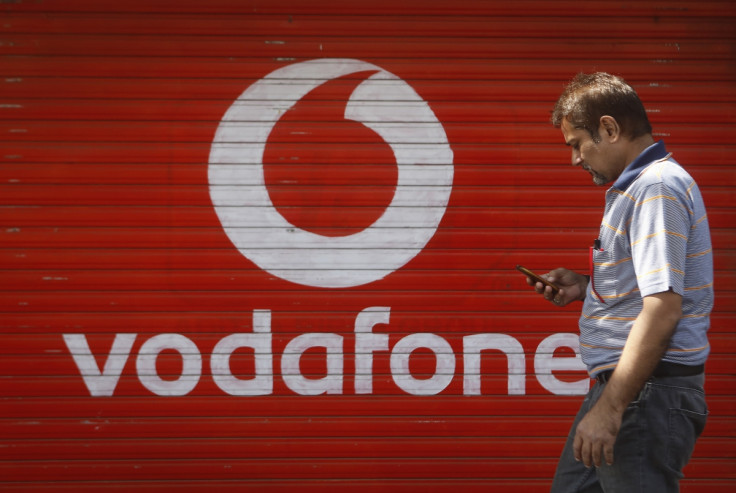Vodafone Says Governments Are Tapping Into its Network to Spy on Customers

Vodafone has published a report which reveals that governments in some of the countries it operate in have direct access to its network, letting them monitor citizen's conversations and even their locations.
Vodafone on Friday published its 40,000-word Law Enforcement Disclosure Report which details how some of the governments in the 29 countries it operates have direct access to all conversations on its network, allowing them to carry out mass surveillance on citizens in those countries.
Vodafone's report said that while in many of the 29 countries in which it operates, government agencies need legal notices to tap into customers' communications, there are some countries where this is not the case.
The direct lines which the governments connect to Vodafone's network allows them to listen into and record live conversations as well as sometimes allowing them to track the location of a target.
The report suggest that Vodafone is not the only operator which is obliged to carry out these practices, saying that in around six of the countries it operates in, the law obliges telecoms operators to install direct wires onto their networks - or allows governments to do so.
The direct links into the network mean the government doesn't have to justify their access to the network or give the company any information about the identity of the people they are monitoring.
Vodafone says it has not revealed the identities of the countries in which governments carry out mass surveillance of citizens, because certain regimes could imprison its staff as a result.
"In a small number of countries the law dictates that specific agencies and authorities must have direct access to an operator's network, bypassing any form of operational control over lawful interception on the part of the operator," the company said.
Nightmare scenarios
According to sources speaking to the Guardian, this access is at times given to Vodafone employees who have been given security clearance by the state, but who cannot discuss anything they do with their co-workers or superiors.
"These are the nightmare scenarios that we were imagining," Gus Hosein, executive director of Privacy International told the Guardian. "I never thought the telcos [telecommunications companies] would be so complicit. It's a brave step by Vodafone and hopefully the other telcos will become more brave with disclosure, but what we need is for them to be braver about fighting back against the illegal requests and the laws themselves."
The news comes on the one year anniversary of the publication of the first of Glenn Greenwald's reports based on the documents leaked to him by former NSA contractor Edward Snowden.
In the 12 months since governments around the world, and in particular the US and UK governments have come under severe scrutiny for the actions of their spying agencies.
© Copyright IBTimes 2025. All rights reserved.






















